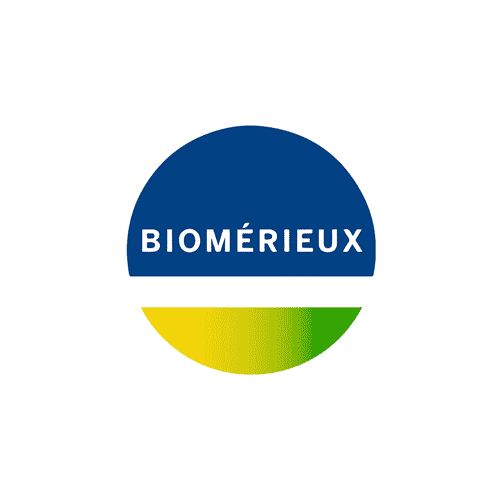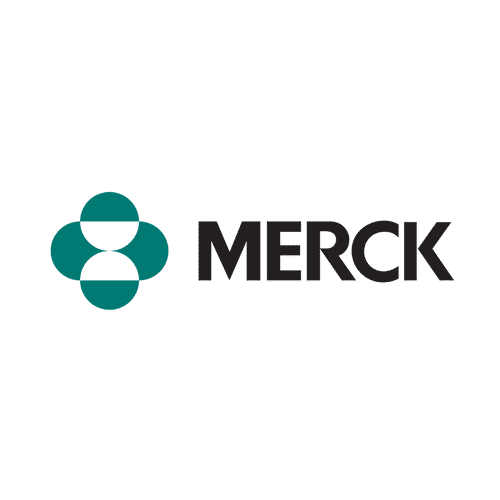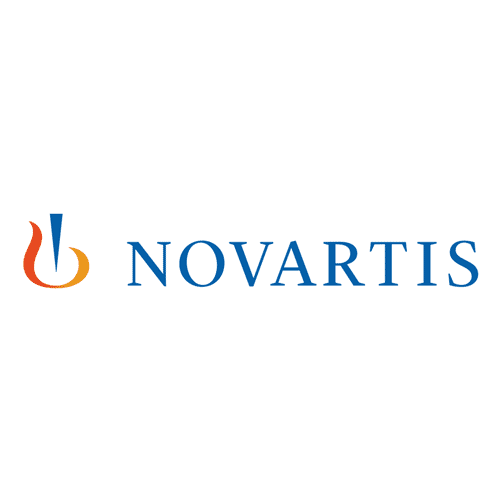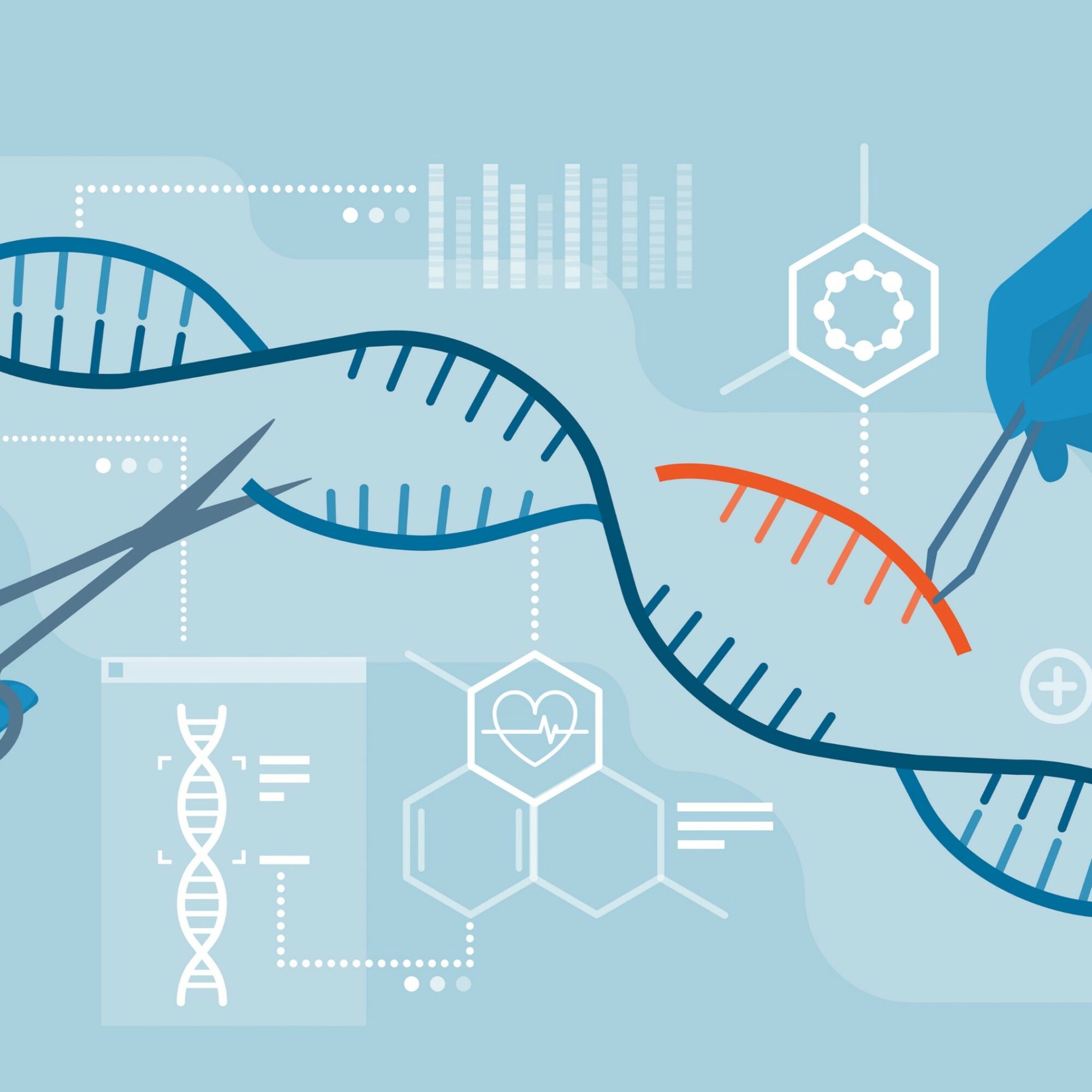
Genome editing

Develop research and innovation thanks to genome editing technologies
Our specialized team supports healthcare players in their innovation and development projects linked to the genome editing technologies market, from understanding trends and challenges to market access strategies.
They trust us









The challenges related to genome editing
The development of genome editing therapy is a strongly growing field with many ongoing pre-clinical and clinical studies. Genome editing has the potential to address diseases with a large unmet medical need. Still, researchers, pharmaceutical companies, and biotech companies face several technical, ethical, as well as business-related challenges, and notably:
Applying genome editing as therapy has the potential to cure diseases that are difficult to treat or even incurable today. Moreover, this technique has the potential to allow a long-time effect with only a one-time treatment.
What are potential targets for genome editing technologies? What are the most recent results from (pre-) clinical trials?
Difficulties in delivering the gene-editing toolbox into the target cells in larger numbers is a problematic limitation for clinical applications. The most commonly used delivery boxes of the genome-editing machinery CRISPR/Cas are viral vectors, which are not very efficient and accurate.
What are the arising technologies for CRISPR/Cas delivery to the cells? How can the delivery to target organs or cells be improved? How can the efficacy and accuracy be improved?
One concern for the implementation of the CRISPR system in gene therapy is the probability of off-target effects.
How can the off-target effect be overcome? What is the newest research development in the field of the CRISPR/Cas system?
It is discussed that some human patients show immunity against therapeutic Cas9 due to former exposure to S. aureus or S. pyogenes where Cas9 originates from. This could decrease the efficacy of gene therapy with the CRISPR genomic editing system in vivo and may even lead to safety issues. However, initial studies analyze how to circumvent problems with immunotoxicity of genome editing therapeutics.
Is immunotoxicity causing problems in clinical studies? How can this problem be overcome?
Ethical issues evolve from biological techniques that enable the precise alteration of genes of living cells and their applications in medicine. CRISPR genome editing in humans is a highly debated and controversial topic. A major concern is that CRISPR genome editing addressing milder diseases may open doors for human genome editing for non-medical purposes resulting in altering genes in embryos to create offspring with certain aesthetic traits.
Will the success of new treatment options based on human genome editing for severe diseases path the way for more openness towards further genome editing technologies for therapy?
By definition, gene editing leads to genetically modified organisms (GMOs), a highly regulated space, from research to commercialization, and country-specific. To add on complexity, regulations are constantly evolving with the increasing knowledge of the field.
What are gene editing regulations in specific regions or countries? How will the regulatory aspects of genome editing evolve in the near future?
How we support you in your project related to genome editing
For more than 25 years, the Alcimed team has supported its clients on many issues related to gene therapy, and human genome editing technologies in gene therapy in particular. We have carried out many projects for our healthcare clients in fields such as oncology, ophthalmology, and veterinary medicine. Genome editing is also investigated as a promising technology for our agri-business clients.
We have conducted projects in gene editing for European institutions and research centers, pharmaceutical companies, seeds companies, biotechs or patient associations.
The diversity of our clients, the topics we cover, the geographic areas and the application areas we explore, and the types of projects we develop, give us a comprehensive and in-depth insight into issues related to genome editing.
Our projects cover innovative technology within the field of genome editing, understanding current and future impact on companies’ business, the exploration of markets, the development of portfolio strategies, the search for partners, and many more!
Examples of recent projects carried out for our clients in genome editing
Construction of a portfolio strategy in gene therapy
One of our clients, a major player in gene therapy, wanted to understand how to develop its portfolio strategy by engaging in new therapeutic areas.
To this end, Alcimed carried out 7 opportunity evaluations for different diseases by identifying their potential (disease severity, impact on the healthcare system, opportunity for gene therapy, patient population, etc.) and the associated risk (current treatments, risks for gene therapy linked to the care structure already in place, feasibility of a clinical trial, etc.).
With the business cases built, the new therapeutic areas considered could be compared and prioritized, the synergies evaluated, in order to orient our client’s developments in a portfolio logic.
Support of a healthcare player in analyzing the field of genome editing and identifying key emerging technologies and start-ups in the field
We supported one of our healthcare industry clients in identifying and evaluating the most innovative technologies within the field of gene editing.
Through a global state-of-the-art, we confirmed the understanding of the current trends in the field of gene editing and the classification of the different technology types by interviewing key opinion leaders. We also identified key emerging start-ups, deciphered their technology and development stage, in order to recommend to our client a partner for further development.
The output of our project for our client? A complete overview of current and future outlooks in the gene editing field, relevant companies and key contacts within the gene editing field, as well as key business opportunities.
Supporting an industry player in prioritizing relevant targets for the development of new drugs based on human genome editing technologies in ophthalmology
We supported one of our clients in identifying the most innovative targets to develop a new gene therapy in the field of ophthalmology, using CRISPR genome editing technology.
More than 30 gene candidates inherited in ocular disorders were identified and screened based on scientific, clinical and market criteria: epidemiology, unmet clinical needs of the disease, competition, current level of proof, existence of animal models… A clear prioritization appeared, and business cases were built to really engage our client in a new gene therapy development.
Support of an animal health company in its understanding of genome editing and genomic testing technologies
One of our clients, a major player in animal heath, wanted to understand the current and future impacts of genome editing on its diagnostics business.
Hence, we supported them in analyzing the current gene editing and genomic testing technologies for dairy and beef cattle worldwide. The main trends and regulatory evolutions were analyzed, and main players and their positioning were identified. We then organized a strategic workshop, to assess the coming threats or opportunities, and agree on the required actions to be taken by our client.
Landscaping of gene editing and delivery technologies for a biotech player
Alcimed supported a biotechnology in understanding the current technological landscape of gene editing and transgene delivery technologies.
To support them, our team performed a global analysis of tools for optimizing gene therapy by conducting a thorough technological and IP assessment in this field. The analyzed technologies included gene editing optimization, AAV optimization, expression regulation technologies, non-viral vectors, transgene optimization, and other tools. We then assessed the importance of these technologies based on their individual maturity levels and their compatibility with our client’s key selection criteria.
Through this study, our client was able to gain an in-depth understanding of the state of the art of gene editing tools and a high priority list of technologies to pursue to develop their business portfolio.
Identification of academic and industrial players using gene engineering to produce botulinum toxin
Alcimed supported an industrial player in understanding Asian players that specialize in gene engineering-based botulinum toxin production.
With a focus on several Asian countries, our team identified and characterized the key academic and industrial players using genetic engineering to produce botulinum toxin. We then interacted directly with key stakeholders involved in this research domain and performed an in-depth desk research to gain a comprehensive understanding of the landscape for our client.
Through this project, we helped our client have an overview of current research in this field, as well as an understanding of the most relevant players in their target geography. Our client could finally identify the most relevant business opportunities and potential partnerships.
You have a project?
To go further
Cross-sector
Innovation strategy in genome editing for livestock: 3 key issues to overcome today!
While the subject of genome editing is nowadays mostly looked at and commented on in its applications on humans or plants, its potential in animal breeding remains more confidential today. Alcimed ...
Healthcare
Long-read sequencing: mechanisms, promises and applications in Healthcare
How do the 2 main technologies on the market work? What are the promising applications in the study of cancers and viral genomes?
Healthcare
Can non-invasive prenatal testing (NIPT) decrease the prevalence of constitutional diseases?
The extension of the field of application of FISH to other genetic diseases is theoretically possible even if several obstacles apply: scientific, societal, or directly related to the patient ...
Founded in 1993, Alcimed is an innovation and new business consulting firm, specializing in innovation driven sectors: life sciences (healthcare, biotech, agrifood), energy, environment, mobility, chemicals, materials, cosmetics, aeronautics, space and defence.
Our purpose? Helping both private and public decision-makers explore and develop their uncharted territories: new technologies, new offers, new geographies, possible futures, and new ways to innovate.
Located across eight offices around the world (France, Europe, Singapore and the United States), our team is made up of 220 highly-qualified, multicultural and passionate explorers, with a blended science/technology and business culture.
Our dream? To build a team of 1,000 explorers, to design tomorrow’s world hand in hand with our clients.
Genome editing or gene editing is part of genetic engineering techniques. Genome editing allows the targeted alteration of specific DNA sequences in the cells of living organisms. The technique is based on engineered nucleases, enzymes acting as molecular scissors causing double-stranded breaks in the DNA, that are programmable to target a specific location in the genome. The produced double-stranded DNA breaks activate cellular DNA repair mechanisms. The DNA repair mechanism regenerates the missing DNA sequences at the breakpoint by using a matching sequence as a template. This can be exploited for the insertion of a DNA sequence containing a correction with flanking regions matching the breakpoint.
Three classes of nucleases are applied as gene-editing tools: the initial gene editors zinc-finger nucleases (ZFNs) and transcription activator-like effector nucleases (TALENs); as well as the more recently discovered CRISPR/Cas9-system.
Applying these precise gene manipulation technologies in human or animal cells can be utilized to achieve a therapeutic effect by replacing the disease-causing mutation with the correct sequence or the addition or removal of DNA sequences at desired sites. In particular, CRISPR/Cas9 genomic editing has revolutionized biomedical research as it provides the highest efficiency and accuracy. Thus, it might enable medical breakthroughs for the repair of genetic defects.
The CRISPR (Clustered Regularly Interspaced Short Palindromic Repeats) system is based on a short guide RNA that directs the nuclease (Cas9) to the disease-causing gene, or at a region that regulates genes, to cut the DNA and then fix the genetic defect by gene correction or disruption. CRISPR-based genomic editing provides ease of use, inexpensive workflow, high specificity, and flexibility. Besides gene therapy, the CRISPR technique can as well be utilized for cell therapies by precisely inserting new genes to give the cells new abilities. For both approaches, genome editing is performed either ex vivo or in vivo.
Even though a CRISPR-based therapy in humans has not been approved yet, clinical trials show promising preliminary results with patients suffering from sickle cell disease, Leber’s congenital amaurosis 10, or transthyretin amyloidosis.
Gene editing can also be applied to plants, in the hope to confer resistance to stress for example.
The gene editing market was valued between $5-8 billion in 2023, and is expected to grow with a CAGR of 15-20% over the next 10 years. The growth in this market is largely driven by increases in technological precision (editing tools including CRISPR-Cas9, ZFNs, and TALENS, as well as safer delivery vectors such as viruses and lipid nanoparticles), and the continued need to cure hard-to-treat genetic diseases.


